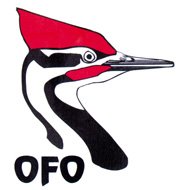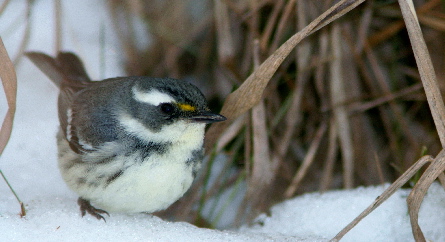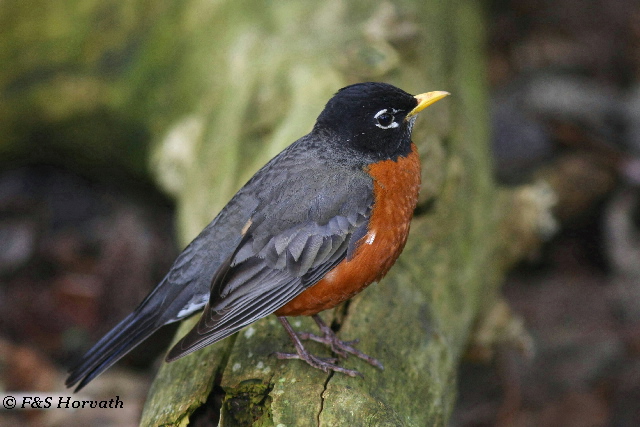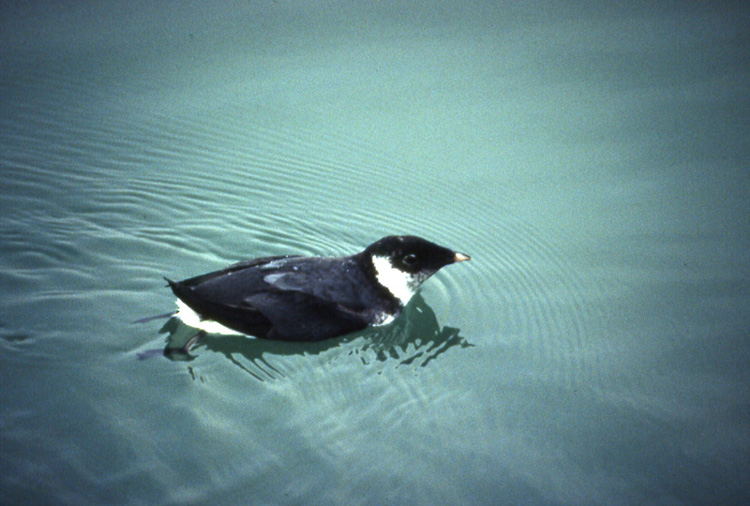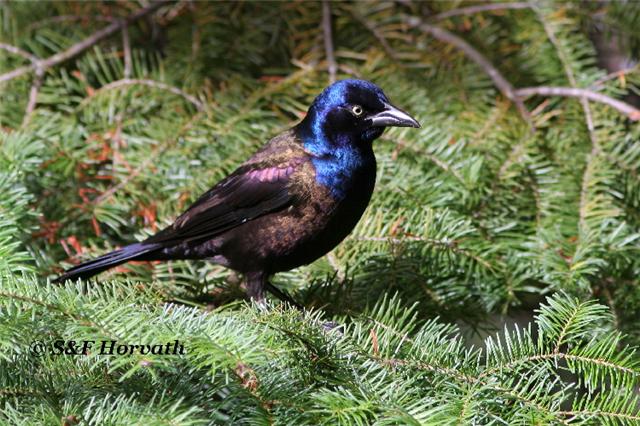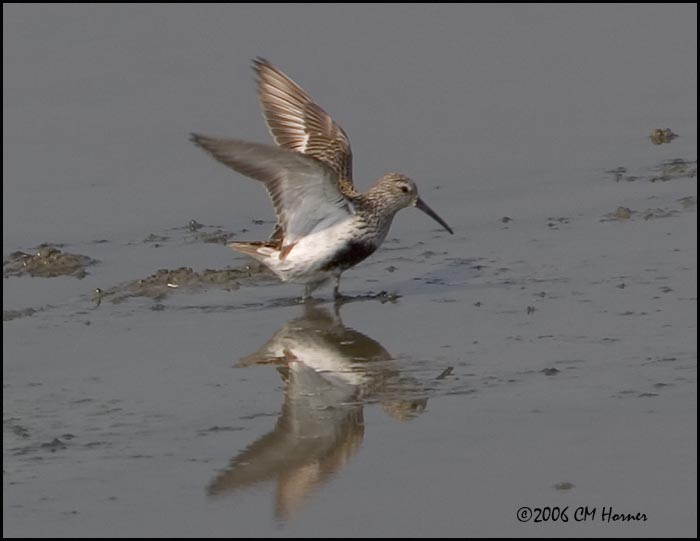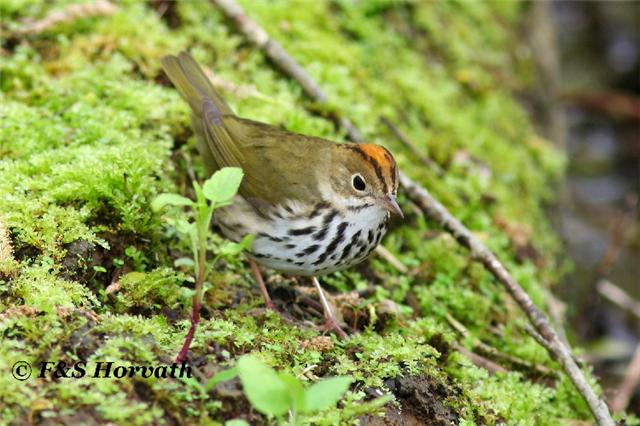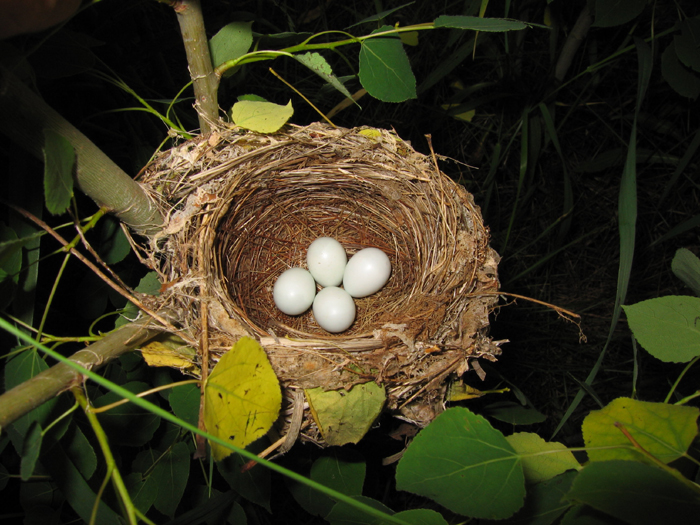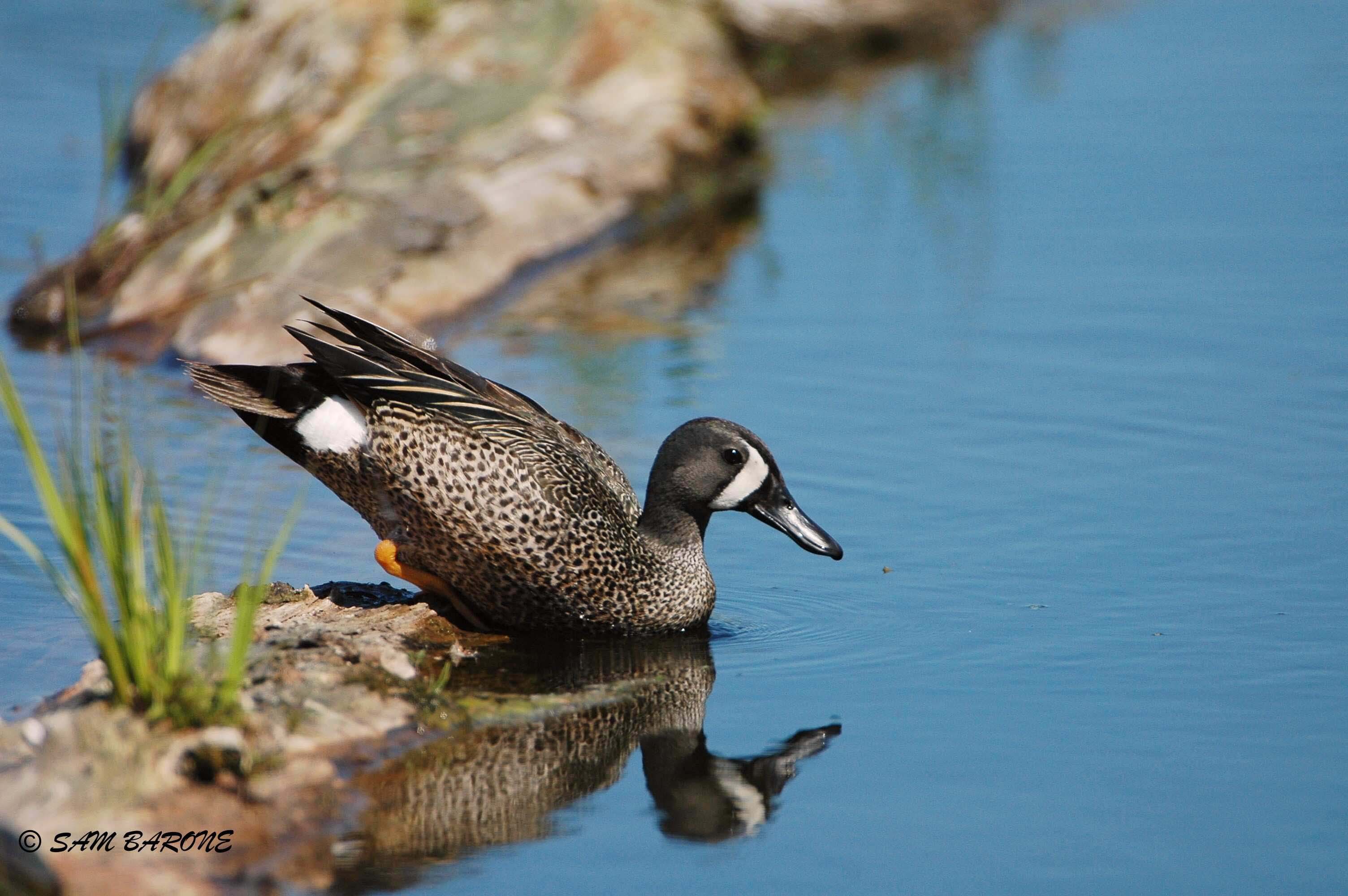OFO Code of Ethics
The OFO Code of Birding Ethics describes ethical birding practices. Abiding by this code, bird protection laws and local codes of conduct will help to ensure that your activities minimize impacts on birds and their habitats, as well as fostering a respectful, enjoyable, and thoughtful birding atmosphere for all.
As birding increases in popularity, the pressure on birds and their habitats also increases. The welfare of birds must come first in our birding activities: from the casual birder, to the bird photographer, to those conducting scientific studies. It is up to each of us to practice ethical birding and to foster a respectful, safe environment for all birders.
In addition to this Code of Birding Ethics, OFO has established a Code of Conduct for members participating in any of the organization’s activities. We encourage everyone to familiarize themselves with the OFO Code of Conduct and to be respectful of others at all times, both during OFO events and your other birding activities.
Protect habitat
To ensure birds have the habitat they need to survive, we must ensure our activities have minimal impact on bird habitat and the environment.
Use trails, pathways and roadsides and avoid trampling vegetation by stepping off the trail. Do not alter habitat to achieve a better view or photograph.
Minimize disturbance to birds
Most birds are sensitive to human activity. Even in those species that can tolerate human activity, tolerance varies depending on the season and location. These guidelines must be followed for all birds, but use special care with species that are Threatened, Endangered, of Special Concern, or is rare in your local area.
Birds should not be kept from resting or feeding. This is especially true of migrants who need to rest and refuel after a long flight.
Do not deliberately flush birds. This causes them stress and exposes them to danger from predators. Exercise restraint and caution during observation, photography, sound recording, or filming. Move slowly or remain still and avoid loud or sudden sounds.Patience is often rewarded by better views.
Use artificial light sparingly for filming or photography, especially for close-ups.
Limit the use of recordings and other methods of attracting birds, and never use such methods in heavily birded areas.
Limit the use of devices like laser pointers and never point directly at a bird’s body or at their eyes.
When participating in long term studies and programs, like the Marsh Monitoring program or Owl Surveys for the Ontario Breeding Bird Atlas, you may be asked to use playback as part of the survey. Be sure to study, understand and follow the protocol, keeping the disturbance to a minimum and within acceptable bounds for the given species.
Keep well back from nests and nesting colonies, roosts, display areas, and important feeding sites. In such sensitive areas, if there is a need for extended observation, photography, filming, or recording, take advantage of natural cover or try to use a blind or hide.
Protect Species at Risk and other Sensitive Breeding Species
If you discover the nest of a rare breeding bird, do not feel under any obligation to report your find to other birders. Avoid visiting known sites of rare breeding birds unless they can be viewed from a distance without disturbance.
Share your sightings with the Ontario Breeding Bird Atlas-3 project https://www.birdsontario.org and the appropriate conservation organization. You may wish to file a report of the nest with Bird Studies Canada’s Project NestWatch http://www.birdscanada.org/volunteer/pnw/
Rare or Vagrant birds
Rare migrants or vagrants are the species most sought after by birders.
When a rare bird appears on private property or public property where access and/or crowd control may become an issue, careful planning is required to ensure that the owner/host/property manager, birders, photographers, and the bird all have a positive experience. We encourage you to follow the steps set out by the OFO Rare Bird Ambassador Program.
The goal is to promote positive relations between landowners, birders, and photographers, ultimately resulting in happy people and happy birds. Birders can still decide if they want to share sightings or not; we just hope that this makes the decision easier and spreads out the workload related to managing rare bird observations.
Respect the rights of landowners
Know before you go – be sure to know the rules about access to any area you are birding whether public or private property. Rules may not be posted on the property, so be sure to visit websites to ensure proper conduct. Not all types of properties will have the same rules.
Do not enter personal private property without the owner’s explicit permission. Follow all laws, rules, and regulations governing use of roads and public areas, both at home and abroad. Practice common courtesy in contacts with other people. Your exemplary behavior will generate goodwill with birders and non-birders alike.
Some areas, like sewage lagoons may be marked as no trespassing – follow up with the local municipality to see if there is an agreement for birders to access the area.
Respect and promote the birding community and its individual members
Every person has the right to be safe, valued and respected. Respect the interests, rights, and skill levels of fellow birders, as well as other people participating in outdoor activities.
Welcome and support people of every race, ethnicity, national origin, gender, gender expression, gender identity, physical or neurological ability, sexual orientation, and age, both in person and online. Any act that makes one person feel unsafe affects the entire community.
Approach perceived unethical birding behaviour with sensitivity and respect, and explain the effects of their actions. You may also relay your concerns to the appropriate authority. It is helpful to document your concerns.
For more guidance on appropriate behaviour when birding, please refer to the OFO Statement on Safety and the OFO Code of Conduct.
Increase our knowledge about birds
Share your sightings! Keep notes about your sightings – journaling your sightings helps you remember and encourages you to observe the finer details. Add your checklists to eBird www.ebird.ca or discuss your sightings on OFO’s Discord channel. Report rare bird sightings to the Ontario Bird Records Committee using the convenient online form.
Thank you for abiding by this Code of Ethical Birding and OFO’s Code of Conduct wherever you go.
It is up to all of us to make birding fun, while promoting habitat protection and respect toward wildlife. Birds and birding opportunities should be open and accessible to all.
Updated June 2024
[WP]
